Medical Disclaimer: This article is for informational purposes only and is not a substitute for professional veterinary advice. Please consult with your veterinarian regarding your pet’s specific needs and to determine which of the many affectionate dog breeds might be right for you.
Table of Contents
Are you searching for one of the truly affectionate dog breeds to be your cuddle bug rather than a lone wolf? As a veterinarian, I meet countless owners looking for that special dog who will greet them with wiggly excitement and happily curl up on the couch after a long day. Let’s explore some of the most loving and affectionate dog breeds together.
Key Takeaways
- Affection is Complex: A dog’s affectionate nature is a mix of genetics, brain chemistry (like oxytocin), and early socialization, all of which contribute to creating affectionate dog breeds.
- Breeds are a Guideline: While we’ll rank the top 9 most affectionate dog breeds, individual personality is always key. Early and positive experiences are crucial for developing a loving temperament.
- Famous Cuddlers: Golden Retrievers, Cavalier King Charles Spaniels, and Bichons Frises are renowned for their loving personalities.
- Gentle Giants: Don’t overlook larger breeds! Newfoundlands and Great Danes are often incredibly gentle and affectionate companions.
- Affection vs. Anxiety: There’s a fine line between a loving “velcro” dog and one suffering from separation anxiety, a concern for even the most affectionate dog breeds.
What Makes a Dog Affectionate? It’s More Than Just Licks
You can visit: https://doglifeexpert.com/traveling-with-a-dog-12-ultimate-tips/
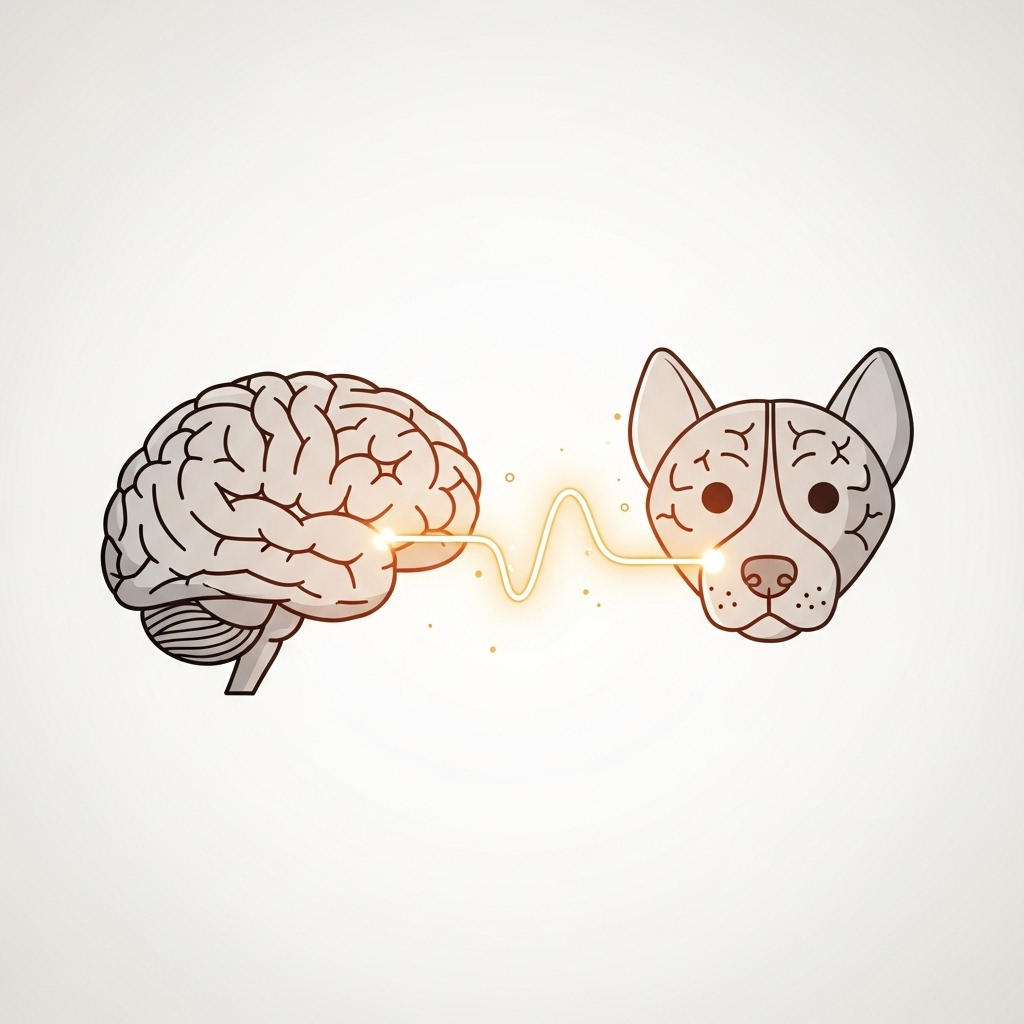
When a dog rests its head on your lap or leans in for a scratch behind the ears, it feels like pure, simple love. In my veterinary experience, however, this heartwarming behaviour is a fascinating blend of nature and nurture. Understanding what makes the most affectionate dog breeds so loving is key to appreciating this bond.
The Science of the Snuggle: Genetics and Brain Chemistry
For centuries, humans have selectively bred dogs for specific tasks, and this includes companionship. This long history of selection has had a profound impact on their genetics. Recent research has even identified specific genomic and evolutionary links to human-directed social behavior in dogs, suggesting that some breeds are literally hardwired to seek out our company. The tendency for certain breeds to be more loving isn’t just a coincidence; it’s what defines many affectionate dog breeds.
This genetic predisposition is further influenced by brain chemistry. When you and your dog share a positive interaction, like petting or mutual gazing, both of your brains release oxytocin, often called the “love hormone.” Studies on the role of oxytocin in the dog-human bond reveal that this hormonal feedback loop strengthens your connection, making these interactions feel deeply rewarding for you both. This biological mechanism is similar to the hormonal correlates of paternal care in domestic dogs, where hormones drive nurturing behaviours. So, that warm, fuzzy feeling you get when you cuddle your pup? It’s a very real chemical reaction.
The Nurture Factor: How Socialization Shapes an Affectionate Dog Breed
While genetics lay the foundation, a dog’s upbringing plays an enormous role. The “socialization period” for puppies, roughly between 3 and 16 weeks of age, is a critical window. Positive exposure to different people, sounds, and environments helps them grow into well-adjusted, confident adults who are comfortable showing affection.
As a veterinarian working with small animals, I’ve seen firsthand how a lack of early, positive socialization can lead to fear and anxiety, which can inhibit a dog’s natural tendency to be affectionate. The genetics of canine behaviour are complex, but a nurturing environment is the key that unlocks a dog’s potential for becoming a truly loving companion. This is a critical step in raising any of the affectionate dog breeds.
Our Top 9 Picks for the Most Affectionate Dog Breeds
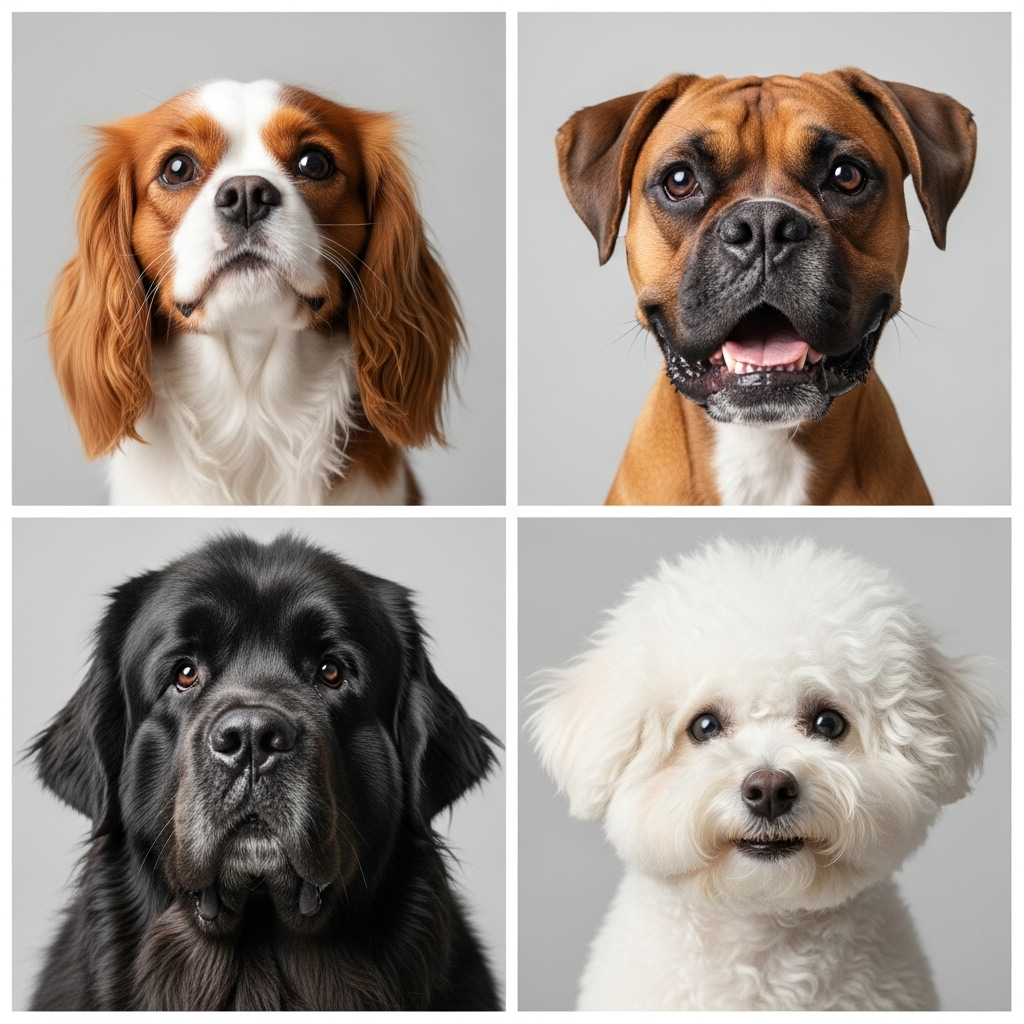
Based on my years in clinical practice and well-established breed temperaments, here is my list of the top affectionate dog breeds. Remember that these are generalizations, and individual personalities will always shine through.
1. Golden Retriever
It’s no surprise that the Golden Retriever tops our list. Their gentle nature and seemingly endless patience make them fantastic family pets. They thrive on being part of the “pack” and are happiest when they are right by your side. Their reputation as one of the most affectionate dog breeds is well-earned. Goldens are one of those truly affectionate dog breeds that seem to have a permanent smile.
2. Labrador Retriever
Much like their golden cousins, Labrador Retrievers are bursting with love and exuberance. Their friendly, outgoing nature means they rarely meet a stranger. From my years in the clinic, I can tell you that a Lab’s tail can clear a coffee table with one happy wag. Their friendly, outgoing nature is a hallmark of this affectionate dog breed.
3. Cavalier King Charles Spaniel
If you’re looking for the ultimate lap dog, look no further. The Cavalier was bred specifically for companionship. They are incredibly sweet-natured and gentle, content to spend their days snuggled up with their favourite person. This is one of the most affectionate dog breeds for those seeking a constant, loving shadow. It’s no wonder the Cavalier consistently ranks as a top affectionate dog breed.
4. Bichon Frise
These little white powder puffs are pure charm and joy. Bichons are known for their cheerful, playful, and, of course, affectionate personalities, making them a classic example of small, affectionate dog breeds. They bond very closely with their owners and can be prone to “velcro” tendencies.
5. Newfoundland
Don’t let their massive size fool you; Newfoundlands are the epitome of a “gentle giant.” Known for their sweet and patient temperament, they are particularly wonderful with children. These gentle souls are one of the most surprisingly affectionate dog breeds, often thinking they are small enough to be a lap dog.
6. Great Dane
Another gentle giant, the Great Dane is a surprisingly graceful and loving companion. Despite their imposing stature, they are often calm, gentle, and incredibly loyal. Their gentle nature makes them one of the most unexpected but truly affectionate dog breeds.
7. Greyhound
Often stereotyped as high-energy athletes, retired racing Greyhounds are frequently calm, sensitive, and loving couch potatoes. They form deep, quiet bonds with their owners and enjoy a good cuddle. Many are surprised to learn they are one of the most low-key and affectionate dog breeds.
8. Boxer
With their goofy grins and boundless energy, Boxers are the clowns of the dog world. But beneath that playful exterior is a deeply loyal and affectionate heart. They are incredibly devoted to their families, making them a very popular, affectionate dog breed.
9. Pembroke Welsh Corgi
These short-legged herders are intelligent, outgoing, and surprisingly cuddly. Corgis love to be involved in all family activities and are known for being affectionate and playful. They pack a lot of love into a small, sturdy package, making them a very popular and affectionate dog breed.
A Vet’s Perspective: Managing a “Velcro” Dog
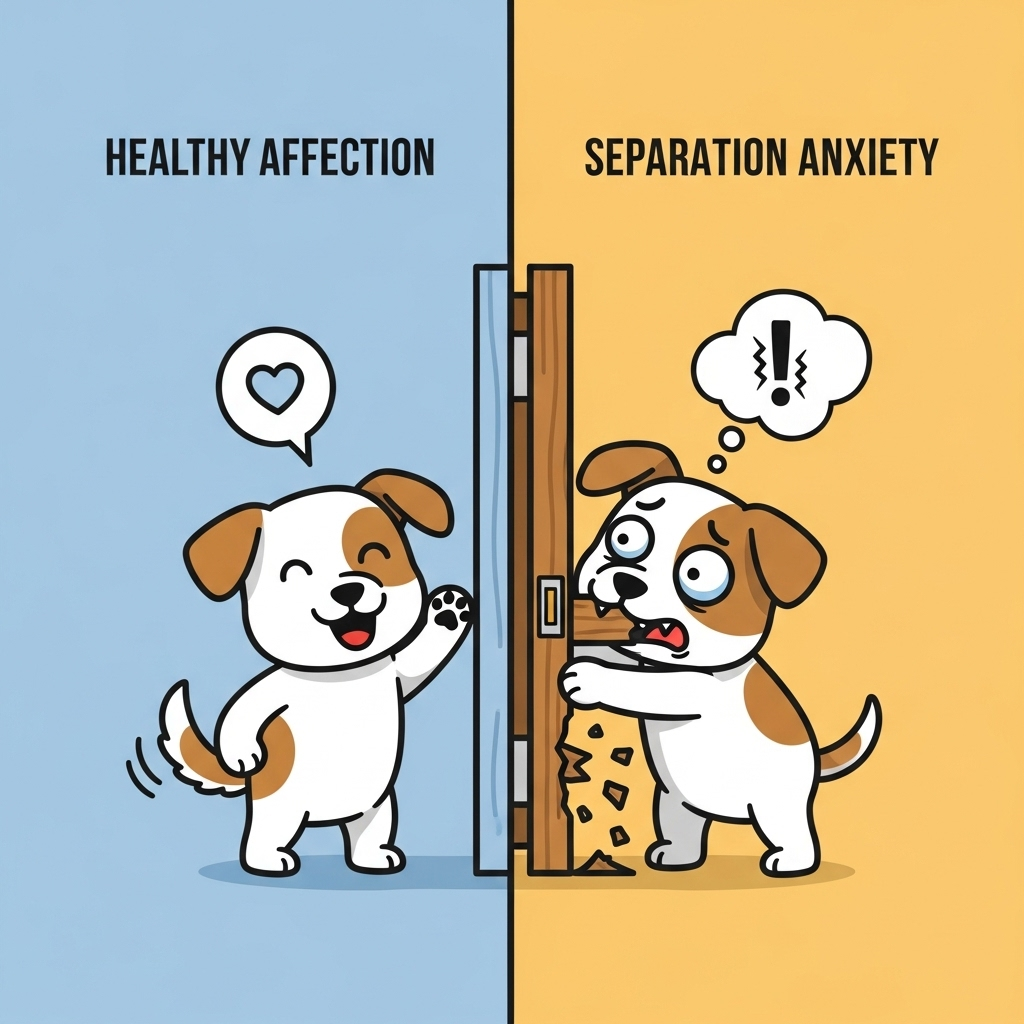
While we all want an affectionate dog, some of the most affectionate dog breeds can become so attached that they experience distress when left alone. From my clinical practice, I know owners must understand the difference between healthy affection and clinical separation anxiety.
The Line Between Affection and Separation Anxiety
A loving dog will be happy to see you, but can also settle and be content when you’re busy or out of the room. A dog with separation anxiety, however, shows signs of genuine panic when left alone. According to The Merck Veterinary Manual, this can include destructive behaviour, excessive barking or howling, and house soiling. It’s a key distinction to make, even with the most affectionate dog breeds. A canine questionnaire based on an ethological approach can even help veterinarians diagnose these separation-related problems.
At-Home Checklist: Is My Dog’s Affection Healthy?
Ask yourself these questions to gauge if your dog’s behaviour is a healthy expression of love, which is vital for owners of affectionate dog breeds.
Can my dog settle in another room without me?
Does my dog eat and drink normally when I am preparing to leave the house?
Is my home intact when I return, without signs of destruction around doors or windows?
Do my neighbours report excessive barking or howling when I am away?
Can my dog be left alone for short periods without panicking?
If you answered “no” to several of these questions, it may be time to speak with your veterinarian.
Typical Canadian Costs for Behavioural Consultation
If you are concerned about separation anxiety, a consultation with a veterinary behaviourist may be recommended. Costs can vary, but here is a general guideline for pet owners in Canada.
| Service | Estimated Cost (CAD) | Notes |
| Initial Behavioural Consultation | $300 – $600 | Includes a detailed history, diagnosis, and initial management plan. |
| Follow-Up Appointments | $150 – $300 | To monitor progress and adjust the treatment plan. |
| Prescription Medications | $50 – $150 / month | If required as part of the treatment plan. |
Frequently Asked Questions About Affectionate Dog Breeds
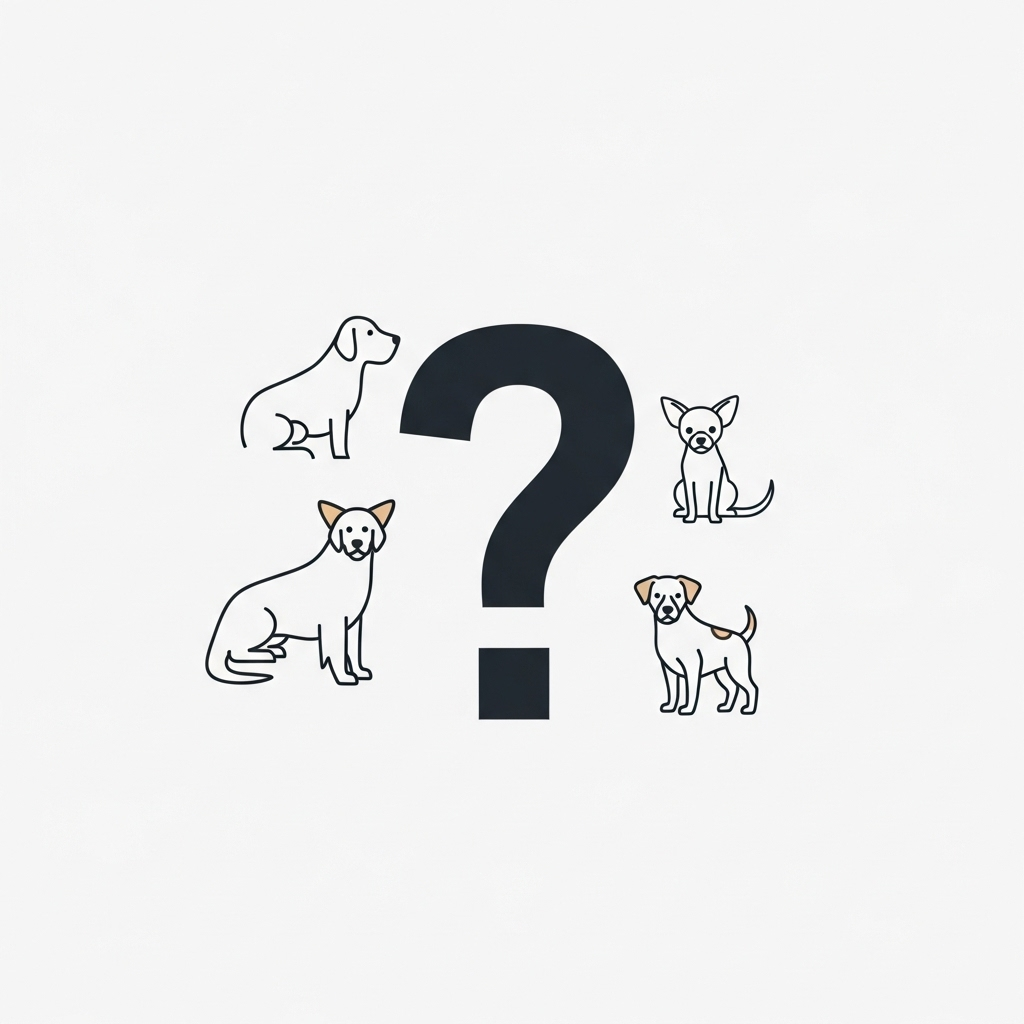
Q 1: Are male or female dogs more affectionate?
From a clinical standpoint, I haven’t seen a consistent difference. Affection in dogs is far more dependent on individual personality, breed, and upbringing than on sex. Both male and female dogs from affectionate dog breeds can be incredibly loving.
Q 2: Can you make a dog more affectionate?
You can certainly build a stronger bond through positive reinforcement training, quality time, and consistent care. This builds trust and security, but you can’t fundamentally change a dog’s innate personality. Choosing from famously affectionate dog breeds gives you a head start.
Q 3: Do small, affectionate dog breeds have more health problems?
Not necessarily. All dog breeds, regardless of size, have certain genetic predispositions to health issues. The key is responsible breeding and regular veterinary check-ups to keep any of the affectionate dog breeds healthy.
Q 4: Are mixed-breed dogs affectionate?
Absolutely! Mixed-breed dogs can be some of the most wonderful companions you’ll ever meet. The traits that make affectionate dog breeds so popular can often be found in mixed breeds, too.
A Final Thought from Your Vet
Choosing a dog is one of the most rewarding decisions you can make, and seeking an affectionate dog breed is a wonderful goal. While this list of affectionate dog breeds is a great starting point, remember that every dog is an individual. The strongest bonds are built on a foundation of mutual respect, understanding, and plenty of quality time. Whether you choose a purebred puppy or a lovable mixed breed from a local shelter, providing a safe and nurturing home is the most important ingredient for a lifetime of cuddles and companionship.

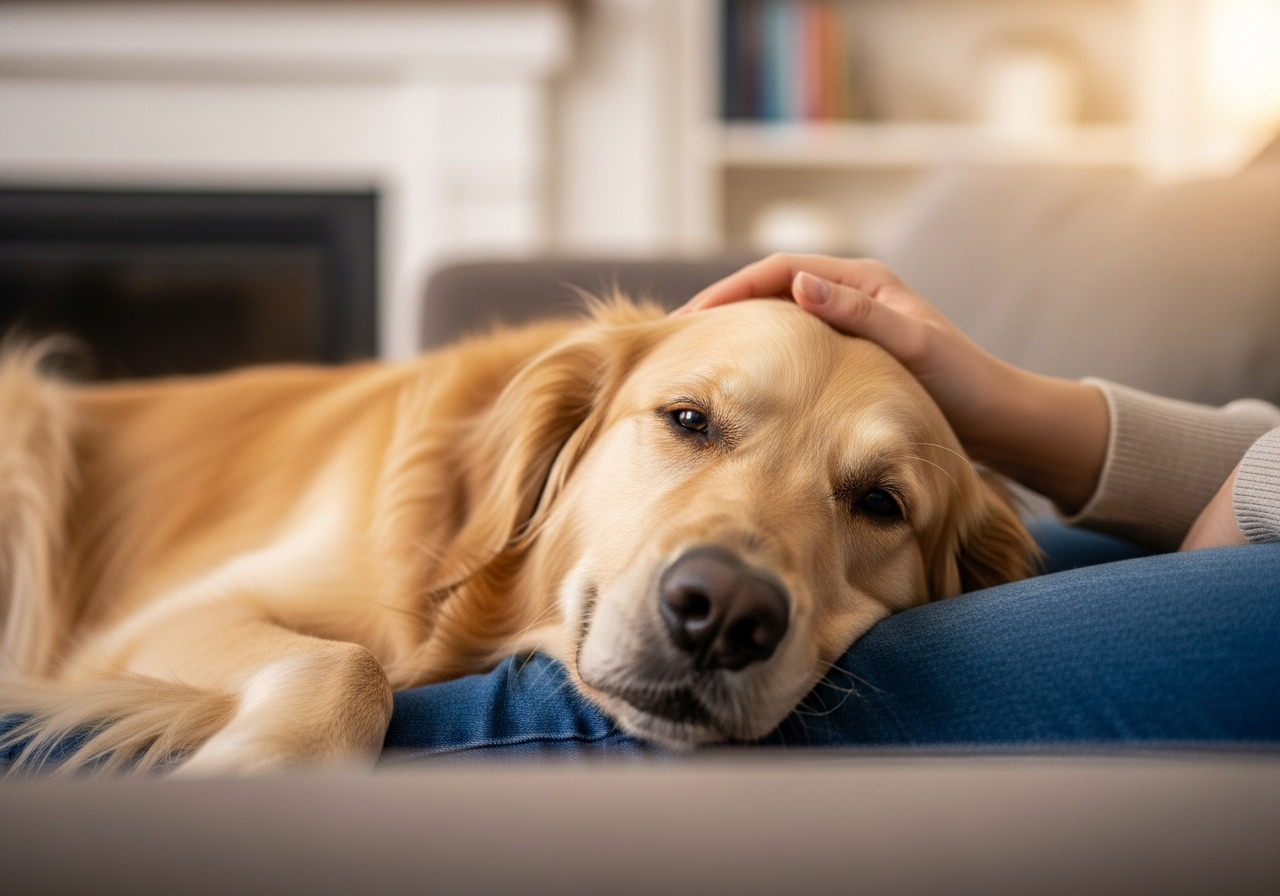
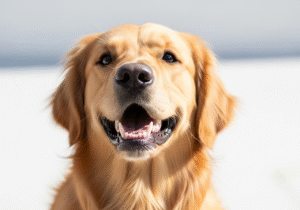
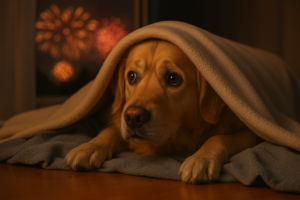
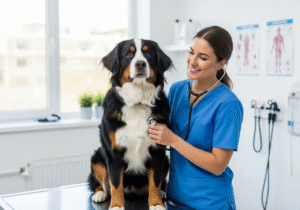
Pingback: 10 Astonishing Rare Dog Breeds You've Never Heard Of